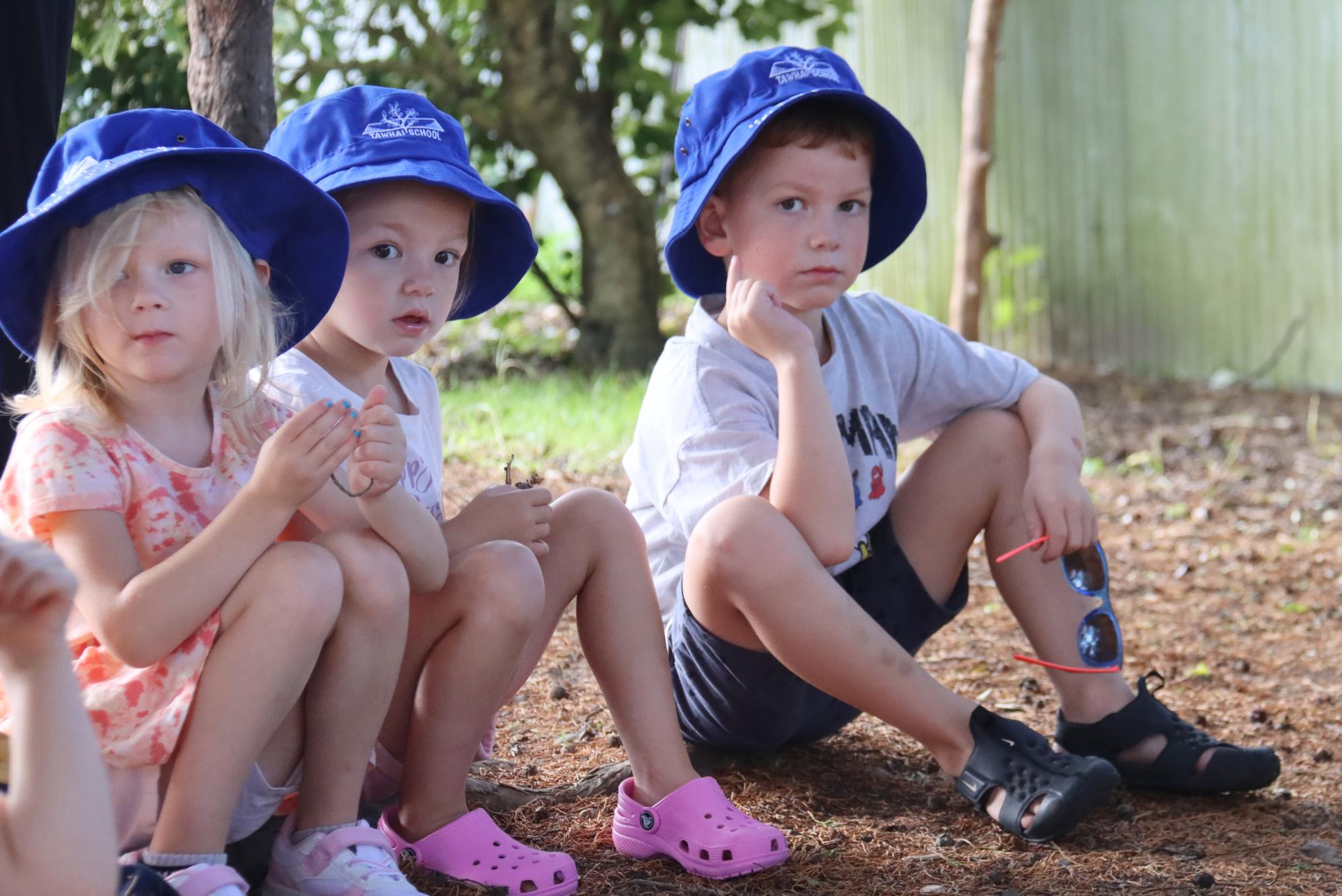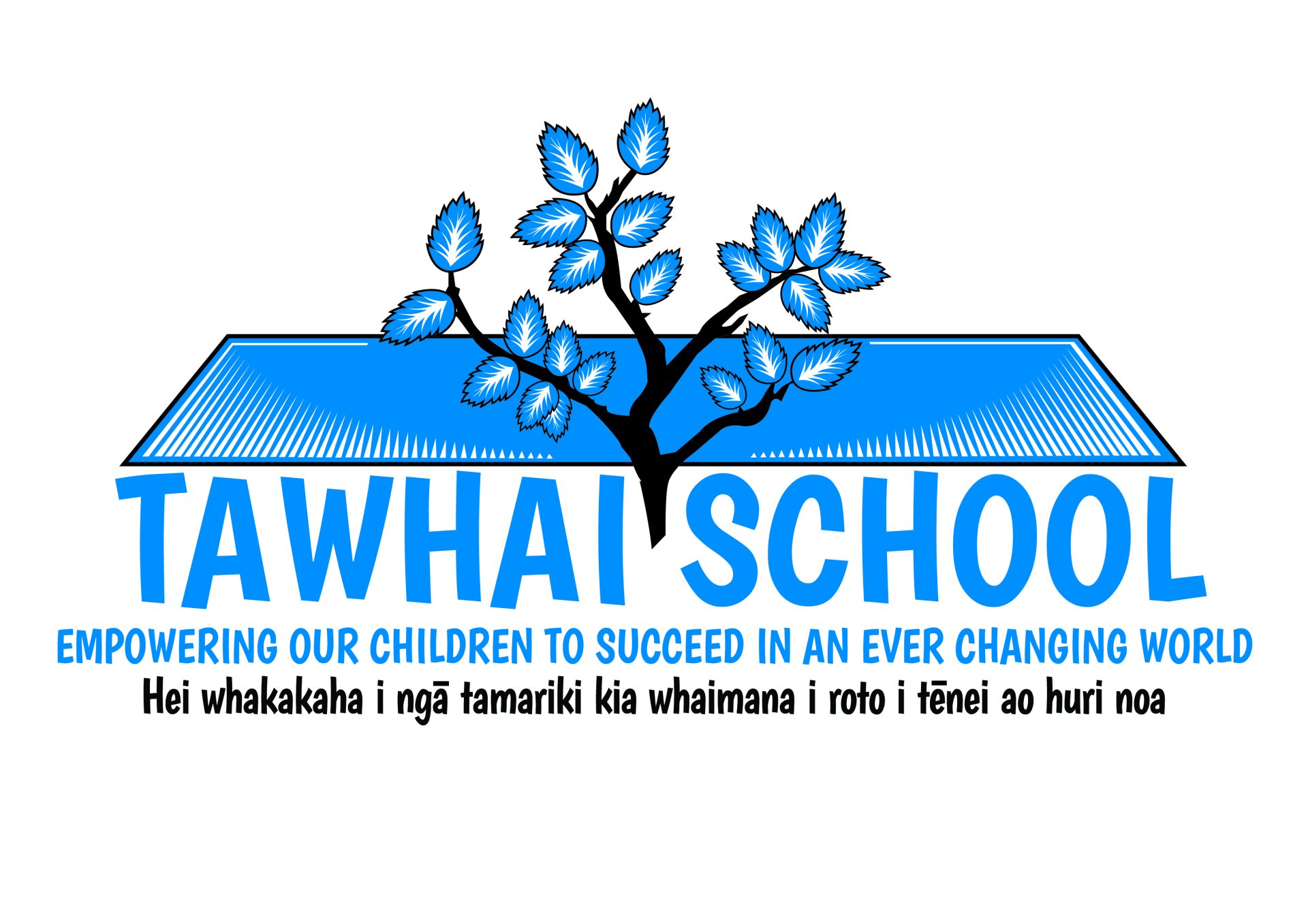Policies/Procedures
Tawhai has various policy and procedures to ensure the smooth and successful operation of the school.
Information
Our school has been working with SchoolDocs to create a website for our policies and procedures. We are excited to announce that the site is now live and available to our school community.
The school works on a subscription basis with SchoolDocs to maintain, update, and review our policies. SchoolDocs provides us with a comprehensive core set of policies which have been well researched and follow the Ministry of Education National Administration Guidelines. The policies and procedures are tailored to our school, and the school supplies specific information such as our charter, and procedures for behaviour management, reporting to parents, etc.
School Docs updates, modifies, or creates policies in response to changes in legislation or Ministry guidelines, significant events, reviews/requests from schools, and regular reviewing from the SchoolDocs team. Our board of trustees has the opportunity to view changes/additions and comment on them before they are implemented. We will advise you when policies are up for review and how you can take part in the review.
SchoolDocs
We invite you to visit the site at http://tawhai.schooldocs.co.nz/ (note that there’s no “www”!). Our username is tawhai and password empowering.
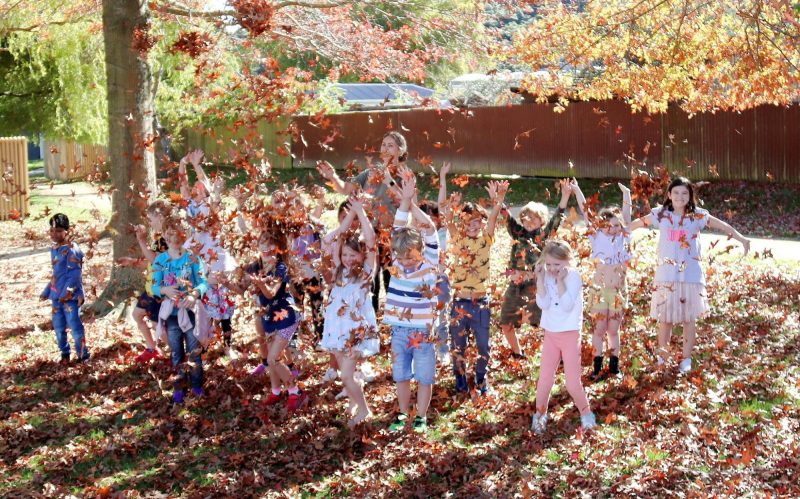
Some important information you may find in our policies
Behaviour
Students at Tawhai School are expected to maintain high standards of behaviour. The school takes a positive approach and rewards students for good behaviour. However, where there are repeated misdemeanours it is school policy to notify parents and seek their support in dealing with the inappropriate behaviour. This co-operation reinforces the partnership between school and family. To learn more about how the Tawhai School manages behaviour, visit the Behaviour Information section of our website.

Reporting to Parents
It is important to us that parents are kept informed of their child’s progress while at school. This is done by meeting with parents to set individual goals for students, and by learning stories that are uploaded to Educa to provide real time progress throughout the year. Parents and teachers are able to meet informally at other times of the year during meet the teacher evenings, sharing activities, sports days and on social occasions.
We believe that dialogue between teachers and parents should be a continual process and we would contact you if we have a worry or concern about your child. It is equally important to us that you too would feel comfortable making contact with us if you have any concerns. We need to work together throughout the year to help and monitor your child’s progress and well-being.
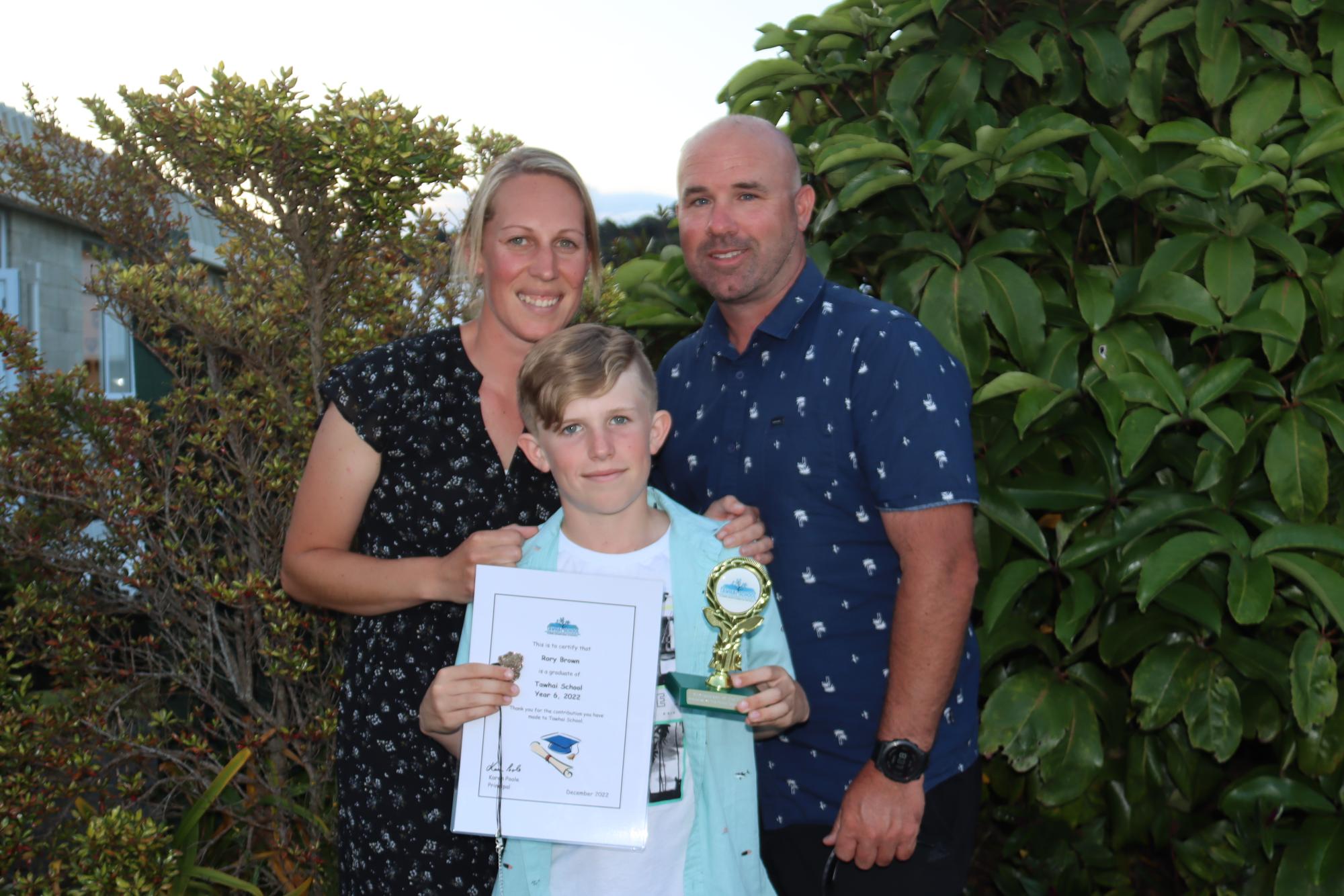
Home Learning
Home learning aims to develop a positive link between home and school. The home learning programme is a great way to help students develop independent work skills and routines. Programmes will vary from class to class but will focus mainly on reading, spelling and basic facts. As children move further up the school they may be asked to complete work that arises from the class programme. A copy of the home learning policy can be found on the Schooldocs website.

Accidents and Sickness
It is important that we have the telephone number of a contact other than parents so that someone can be contacted in an emergency or if your child is sick and needs to go home. Please ensure that we are kept informed of changes in home, work or other contact telephone phone numbers. We have people on our staff with current First Aid Certificates so that essential first aid may be carried out at school. Staff will endeavour to contact parents in the event of a head injury or other serious injury that may require further treatment.
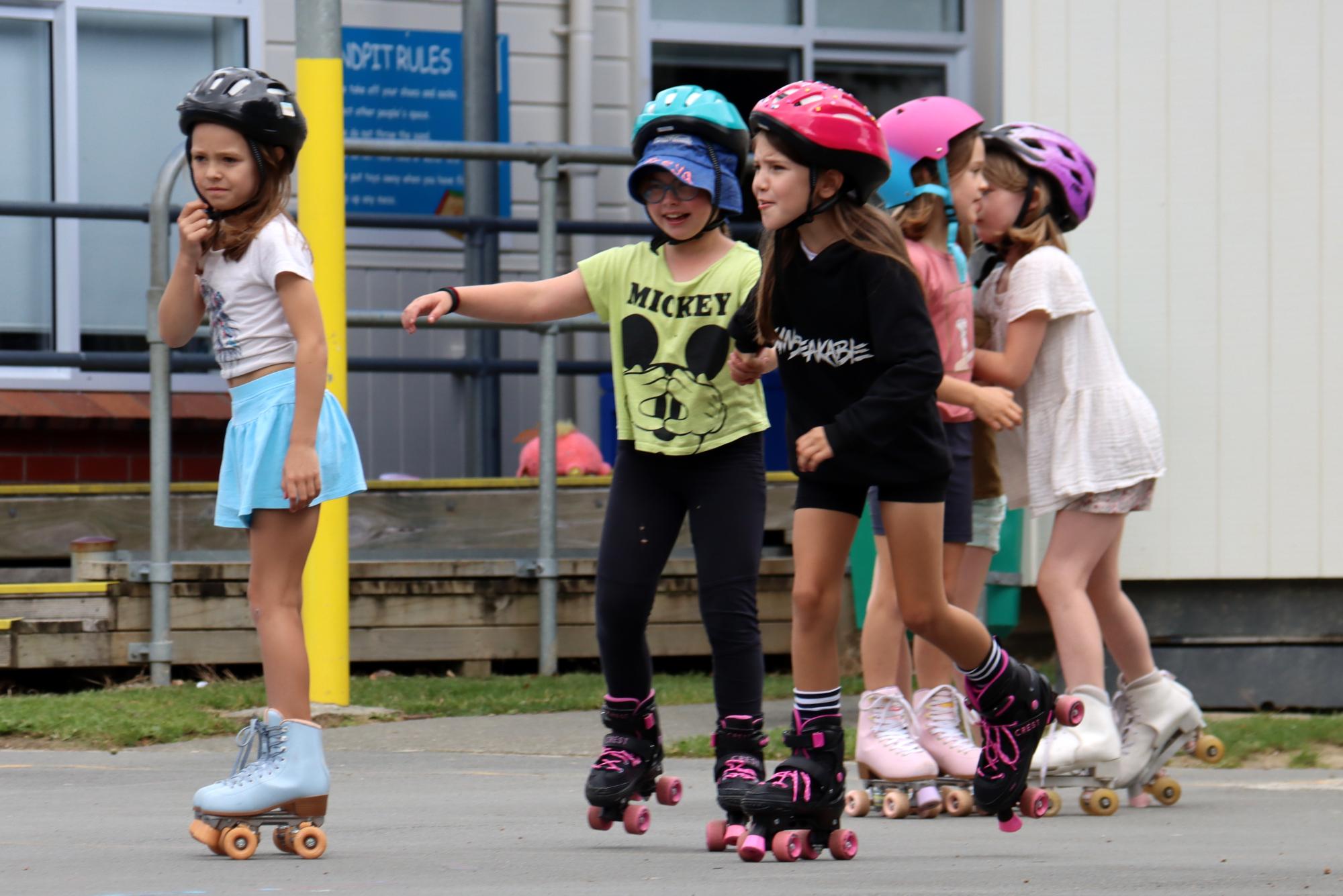
Allergy Guidelines
The Board of Trustees has undertaken to adopt the Allergy New Zealand guidelines. The key points are:
- Allergy New Zealand does not recommend banning of foods or other products due to the possibility of encouraging complacency among staff and students, the presence of hidden allergens and the difficulty of monitoring and enforcing a ban.
- Food allergy management in schools is complex and involves far more than simply implementing a ban.
- Schools must be aware of the risks associated with anaphylaxis and implement practical, age-appropriate strategies to minimise exposure to known allergens.
- Schools may ask parents of children in early primary years not to send peanut butter if a class member has a peanut allergy. This is due to the higher risk of person-to-person contact in younger children.
- Anaphylaxis, the most severe form of an allergic reaction, is a medical emergency and schools need to ensure staff are trained in how to recognise and treat a reaction.
The Board of Trustees requests that the class in which the child with the allergy is currently being taught be totally peanut free.

School Lunches
Tawhai School promotes healthy eating and asks parents not to include lollies or fizzy drinks in their child’s lunches. The school provides supervised times for students to sit and eat their morning tea and lunch. As an environmentally friendly school we encourage students to bring lunches that are less wasteful of unnecessary packaging.
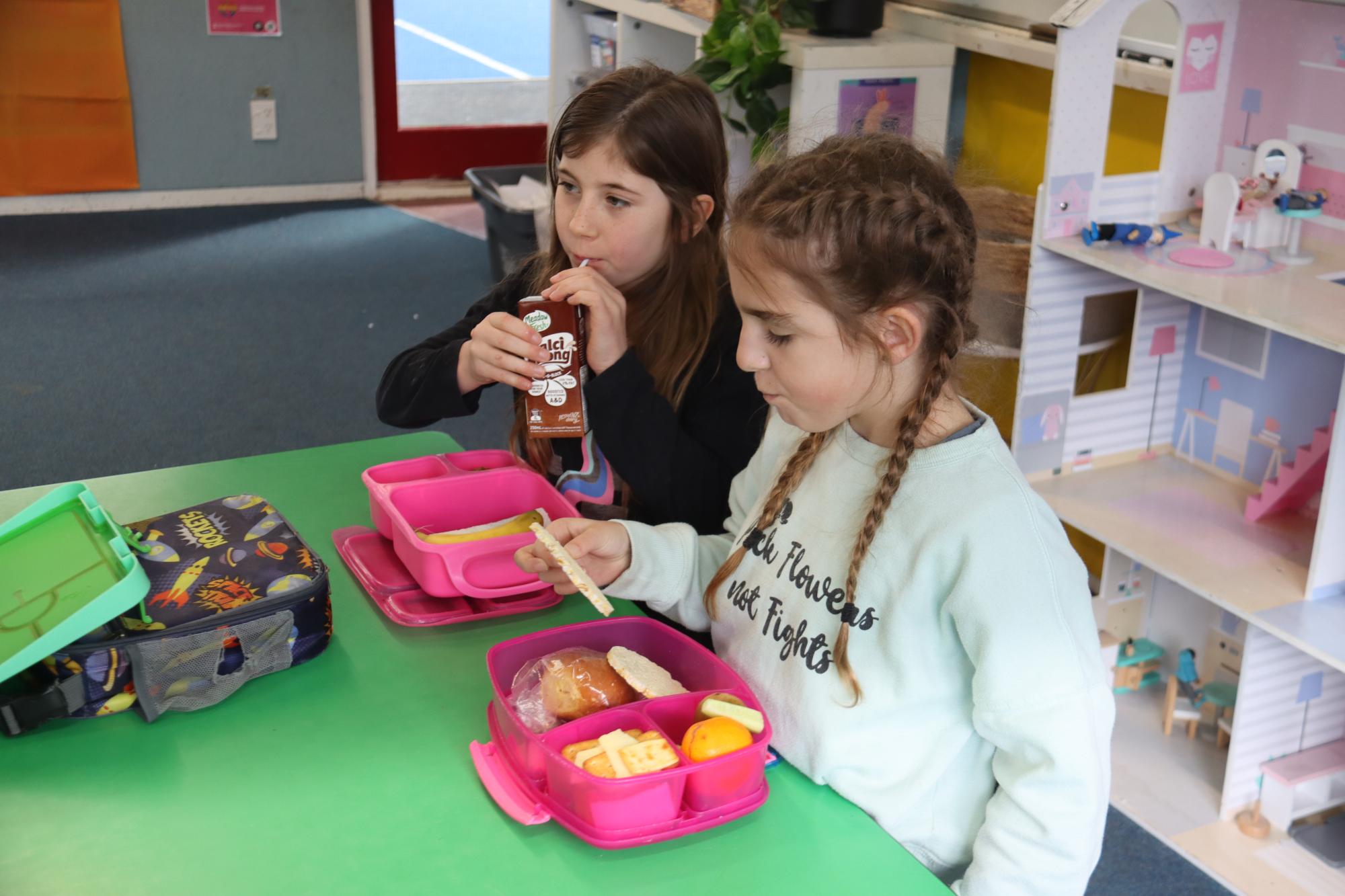
School Clothing
Sunhats are required to be worn during terms 1 & 4. All children are expected to wear a Tawhai School hat which is kept at school at all times.
Please provide sensible shoes and practical, loose clothing for your children at school. They need to be able to run, jump and play without being hindered by their clothing. Please ensure that all articles and clothing are clearly named. Many children do not recognise their own clothing, and the lost property basket (kept in the hall) is often full to overflowing.
